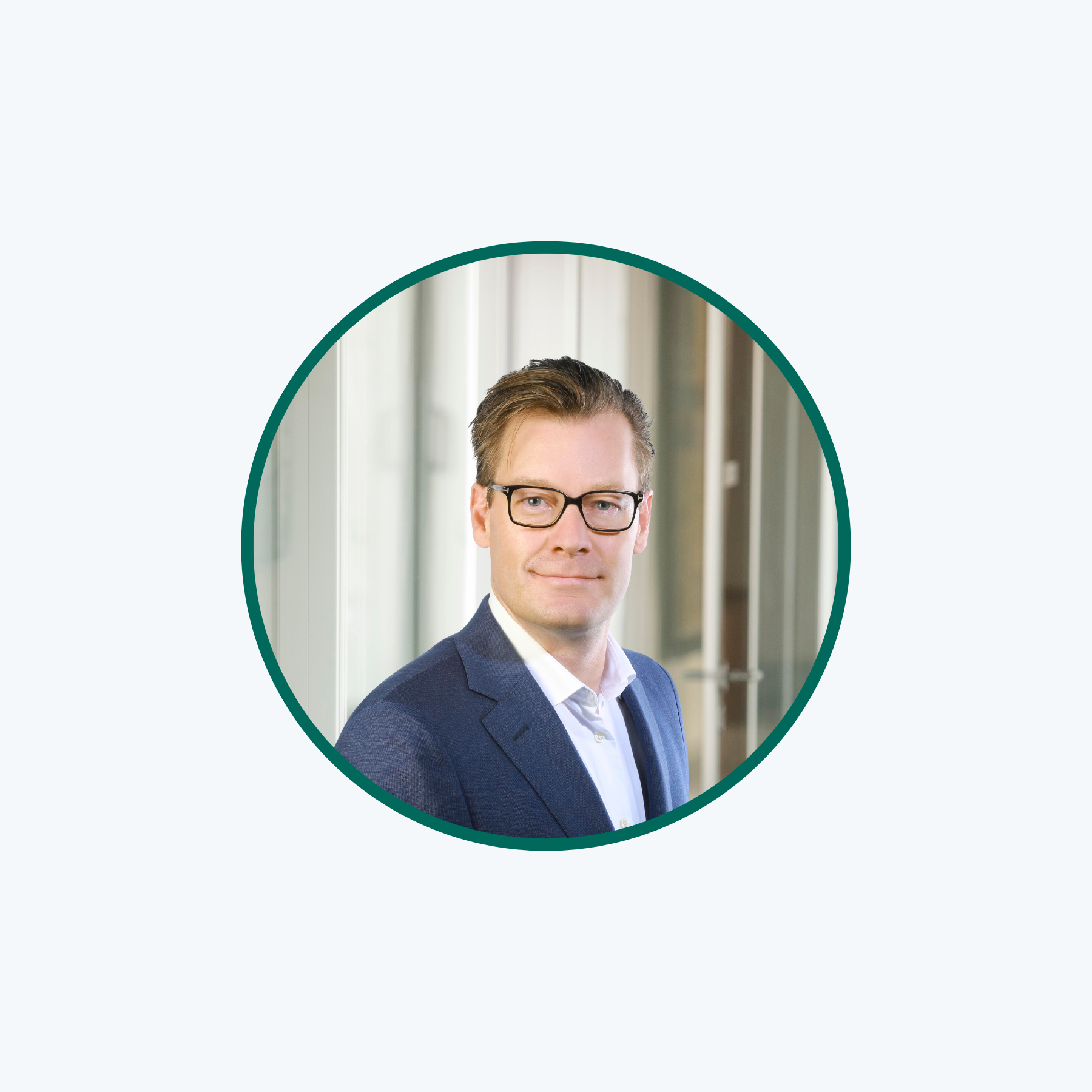
Name: Mathieu Elshout
Title: Head of European Property
Organization: Aware Super UK
ESG topics of interest:
- Decarbonization of the built environment
- Impact investment strategies
- Sustainable real estate development
What motivated you to join the GRESB Foundation Board?
I have been working with GRESB since the early days in 2009, when I was with PGGM and together with APG and USS we established GRESB. I remember how we sent out Excel questionnaires to our managers at the time! Much has changed since then. GRESB has evolved and grown into a hugely important assessment and benchmarking framework, it has expanded from real estate into infrastructure, and is now applied across a significant number of investments globally. I am glad to have been involved from the very start, first as non-executive board member of GRESB and now, in the new governance set-up, as a Foundation Board member.
I believe that as an industry we still have to improve significantly when it comes to ESG. And I truly believe GRESB can be a powerful instrument in achieving this much needed improvement because, as the saying goes, what gets measured, gets managed. Industry involvement and good governance are key to achieving this goal, which is why I personally advocated for the formation of the GRESB Foundation, which governs the GRESB Standards, and why I am fully committed to making the GRESB Foundation a success.
How does your organization view ESG and what is your organization’s approach to responsible investing?
We believe it is important to take ESG considerations into account, because a company’s approach to managing ESG risks and opportunities can have a meaningful impact on its long-term viability and success. Over the long term, we think companies and assets with sound ESG management are more likely to increase in value. By contrast, companies that poorly manage ESG risks have the potential to destroy shareholder value and may also harm the broader community and environment.
Our responsible ownership approach has five pillars:
Pillar 1: Environmental, social and governance integration
Pillar 2: Advocacy and collaboration
Pillar 3: Stewardship: Engagement and voting
Pillar 4: Exclusions
Pillar 5: Measuring our positive impact
Our approach to ESG integration is not limited to a set-and-forget analysis of an investment, but rather is a holistic approach to assessing ESG risks and opportunities over an investment’s life. We do this by considering ESG factors in our asset and manager due diligence and selection, when we first invest and through ongoing monitoring. Our approach has been recognized through our award of 2023 Best Fund: Responsible Investment by Chant West, and being ranked 7th (out of 59 global Pension Funds) in the Financial System Benchmark by the World Benchmarking Alliance.
How does your organization use GRESB and its data?
As a new GRESB investor member, we are fortunate that already eight of our directly owned property and infrastructure portfolio companies already report to GRESB. This provides a platform to further improve and standardize our ESG monitoring and benchmarking over time. We look forward to using GRESB as an important tool for monitoring our property and infrastructure portfolios.
What is next for ESG and what role will organizations like GRESB play going forward?
Currently ESG is something that many investment managers pursue and talk about deliberately and publicly. GRESB ensures that all these efforts are assessed and measured in an objective way and ultimately benchmarked.
In time, once ESG finally becomes fully integrated into all layers of investment decision-making and strategies and everyone pursues it on a daily basis as part of our business practices, it will become a redundant artificial concept. But to get there, we must first make sure that as an industry we start to deliver on decarbonizing the assets we manage and invest in. GRESB can play a key role in this.